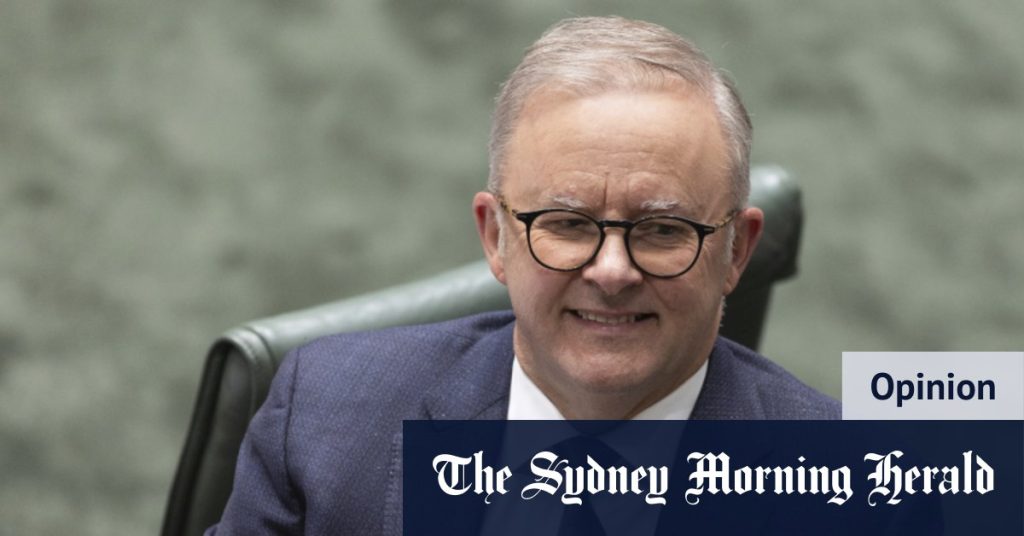The Australian Medical Association (AMA) recently received royal patronage from King Charles, a move that was noted on their website by president Steve Robson as a proud achievement. Despite the AMA’s confirmation that they had no say in receiving the royal seal of approval, it remains a significant milestone in their history. This recognition dates back to 1964 when Queen Elizabeth II first granted royal patronage to the organization, which represents about 30 percent of doctors in Australia.
In a somewhat awkward pairing, the NSW Liberal opposition has accused Premier Chris Minns of being a “part-time premier” due to his frequent requests for a pair, where members from opposing parties arrange to miss a vote so that one of them can be absent. This controversy began in March when Minns was seen at a Labor drinks event after being granted a pair. Despite only seven sitting days this year where Minns has not been granted a pair, his office did not provide a comment in response. His demanding schedule of extracurricular events, speeches, and family commitments following his father’s death have played a role in his need for pairs.
Former Prime Minister Julia Gillard, who was renowned for her 2012 misogyny speech, has not watched the play “Julia” that depicts her life and times. The play, featuring Justine Clarke in a one-woman show, has been well-received by audiences and politicos alike. Gillard’s lack of interest in watching the play stands in stark contrast to former Labor leader Paul Keating, who attended multiple performances of “Keating! The Musical,” a theatrical representation of his prime ministership. Gillard’s indifference showcases a humility and detachment from self-obsession that is not commonly found among politicians.
The AMA’s royal patronage is a point of pride for the organization, despite the lackluster response from the AMA itself. King Charles’ decision to uphold the AMA’s patronage following a review of organizations granted royal approval is a testament to the AMA’s significance within the medical community. Meanwhile, Premier Chris Minns’ handling of pairs and accusations of being a “part-time premier” highlight the challenges faced by politicians in balancing their official duties with personal commitments and external engagements.
Julia Gillard’s disinterest in watching a play based on her political career showcases a degree of detachment and humility uncommon among politicians. Her decision to not engage with media portrayals of her life and political accomplishments is a surprising departure from the self-promotion typical of many public figures. Conversely, former Prime Minister Paul Keating’s enthusiastic embrace of a musical representation of his time in office represents a stark contrast in attitudes towards media depictions among political leaders. The differing responses from Gillard and Keating highlight the individuality and complexities of political figures and their relationships with their own legacies.


